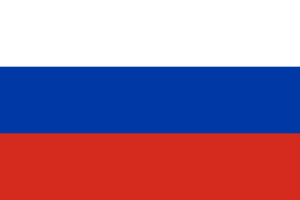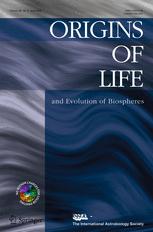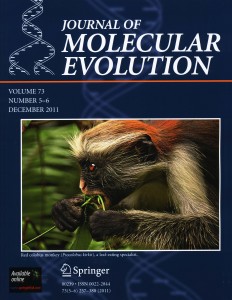In the wake of a new law that bans “propaganda of non-traditional sexual relations and (or) preferences” in Russia, some journals have retracted articles they fear could attract state attention, a move a publishing watchdog in the country has called “self-censorship.”
As we reported in December, the Russian philosophy journal Logos retracted an article about lesbian fashion magazines for being “in violation of standards,” citing the new ban.
More journals have followed suit, according to the Russian Council on Publication Ethics, which issued a statement decrying “retraction misuse” by journals in response to the law, though it also expressed concern for the safety of journal staff and authors if they ignored it. The statement began:
Continue reading Russian publishing watchdog decries ‘retraction misuse’ following ban on ‘LGBT propaganda’


 Is running a journal becoming too much of a drag? Just get help from a new organization that is trying to make an offer that journals can’t refuse.
Is running a journal becoming too much of a drag? Just get help from a new organization that is trying to make an offer that journals can’t refuse.



